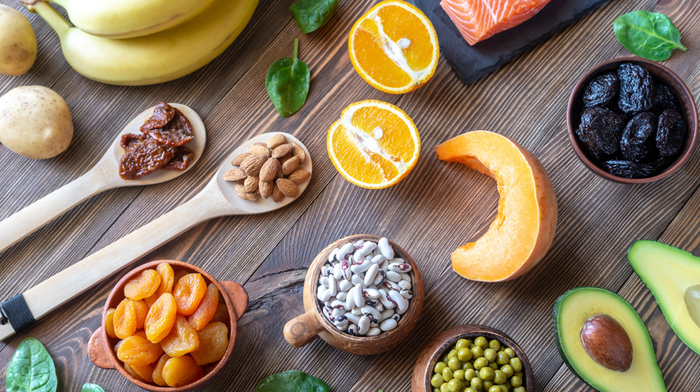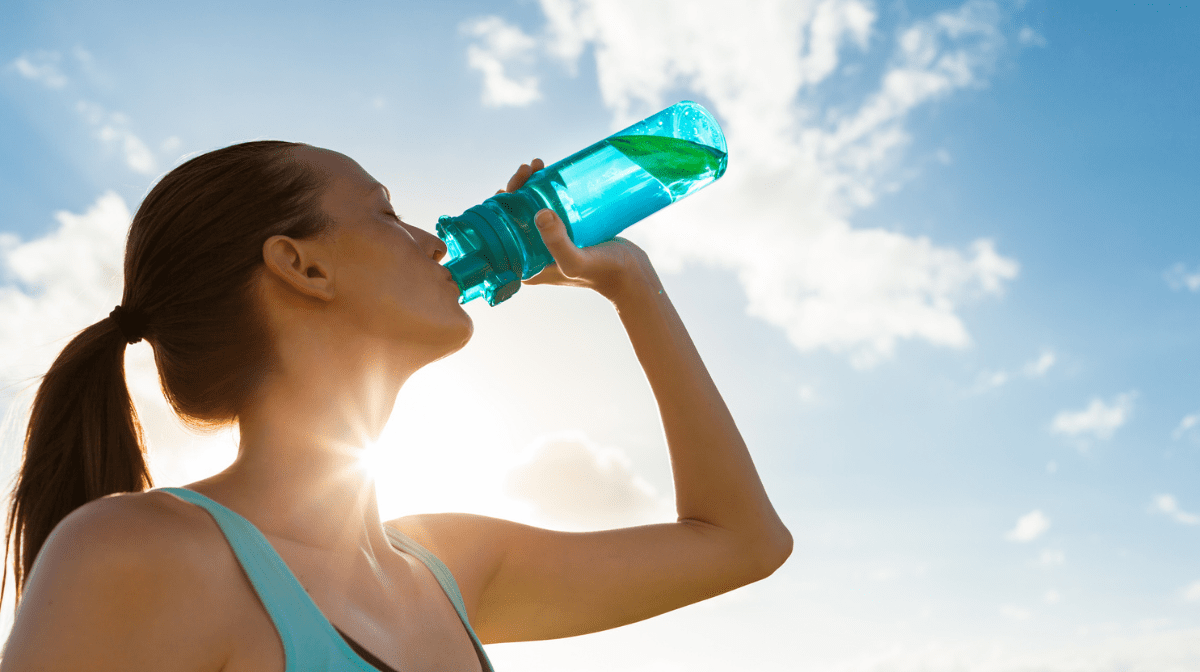
Electrolytes are essential minerals that regulate important bodily functions.
Read on to explore the basics of electrolytes, their benefits, and why it's crucial to maintain a healthy balance. Whether you're an athlete, health enthusiast, or just curious about the role of electrolytes in your body - you’ll find everything you need to know in this blog.
What Are Electrolytes?
Calcium, chloride, magnesium, potassium and sodium are the common electrolytes needed by the body. They can be found in our cells, as well as in bodily fluids, such as sweat, blood and urine.
What Do Electrolytes Do?
Electrolytes can carry a positive or negative electrical charge, which allows them to activate and support various bodily functions, including:
The maintenance of a healthy nervous function - your brain sends electrical signals, known as nerve impulses, through your nerve cells to communicate with other cells throughout your body. Having balanced electrolyte levels supports the movement of these minerals across the nerve cell membrane, supporting transmission.
The normal function of your muscles - the electrical charges that electrolytes carry play a pivotal role in supporting your muscle work. Low levels of electrolytes could cause muscle cramps, spams, or loss of reflexes.
Balancing your body’s pH levels - pH measures how acidic or alkaline our body is. Normally, our body is regulated to stay at a pH level of around 7.35 to 7.45 and electrolytes play a pivotal role in supporting this level.
Keeping you hydrated - electrolytes help to aid in fluid balance through osmosis, which is a process that controls the movement of water between cells and the environment to maintain hydration levels.
This is why it’s important to make sure we’re getting enough of what we need to support a healthy lifestyle. The suggested daily intake varies from person to person, but as a guide, a healthy adult requires:
2.4g sodium chloride
3,500mg potassium
300mg magnesium for men, and 270mg for women
Continue reading to find out how to boost your daily electrolytes intake.
What Happens When Your Body Is Low on Electrolytes?
If you’ve got a balanced diet, living an active lifestyle and are staying hydrated, it’s unlikely that you’ll have imbalanced electrolytes. However, there are certain situations, such as low fluid intake or excessive sweating, that could disrupt these levels.
So, whether you’re an athlete or a gym enthusiast, if you regularly engage in intense workouts that make you break a sweat, it's important for you to be mindful of your electrolyte levels.
Common symptoms of low electrolyte levels include:
Low blood pressure
Muscle cramps and weakness
Fatigue
Irritability
Digestive issues
Headaches
Nausea
If you’re experiencing any of these symptoms, you can replenish your electrolyte levels through your diet or supplementation.
Which Foods Contain Electrolytes?
There are a number of different foods that contain electrolytes to help you to keep your levels in check. Some great dietary sources of electrolytes include:
Leafy green, such as spinach and kale
Lentils
Sunflower seeds
Dried apricots
Banana
Nuts
Tomatoes
Broccoli
Chicken
Avocado
Dairy products
Adding these foods to your diet could help to boost your electrolytes intake and support the maintenance of healthy bodily functions.

How to Restore Electrolytes
In addition to the foods listed above, electrolyte tablets may also help to support your daily intake. Nuun Sport electrolyte tablets boast a specially designed formula that features essential minerals and electrolytes that can help to keep your electrolytes in check, as well as promoting post-workout recovery.
One tablet delivers a tailored ratio of sodium, potassium, magnesium, chloride, and calcium, making it the perfect option to aid in balancing your electrolyte levels when breaking a sweat.
If you can’t decide which flavour to opt for, you could try the Nuun Sport Variety Pack, which includes four of our favourite flavours: citrus fruits, lemon and lime, orange and tri-berry.
Electrolytes play a pivotal role in supporting cell osmosis and keeping our body hydrated. But how do you know your hydration levels? Discover what it feels like to be fully hydrated on our blog.

What Does It Feel Like to Be Fully Hydrated?
How to stay ahead of your hydration? Discover three signs of good hydration:

Related Articles








